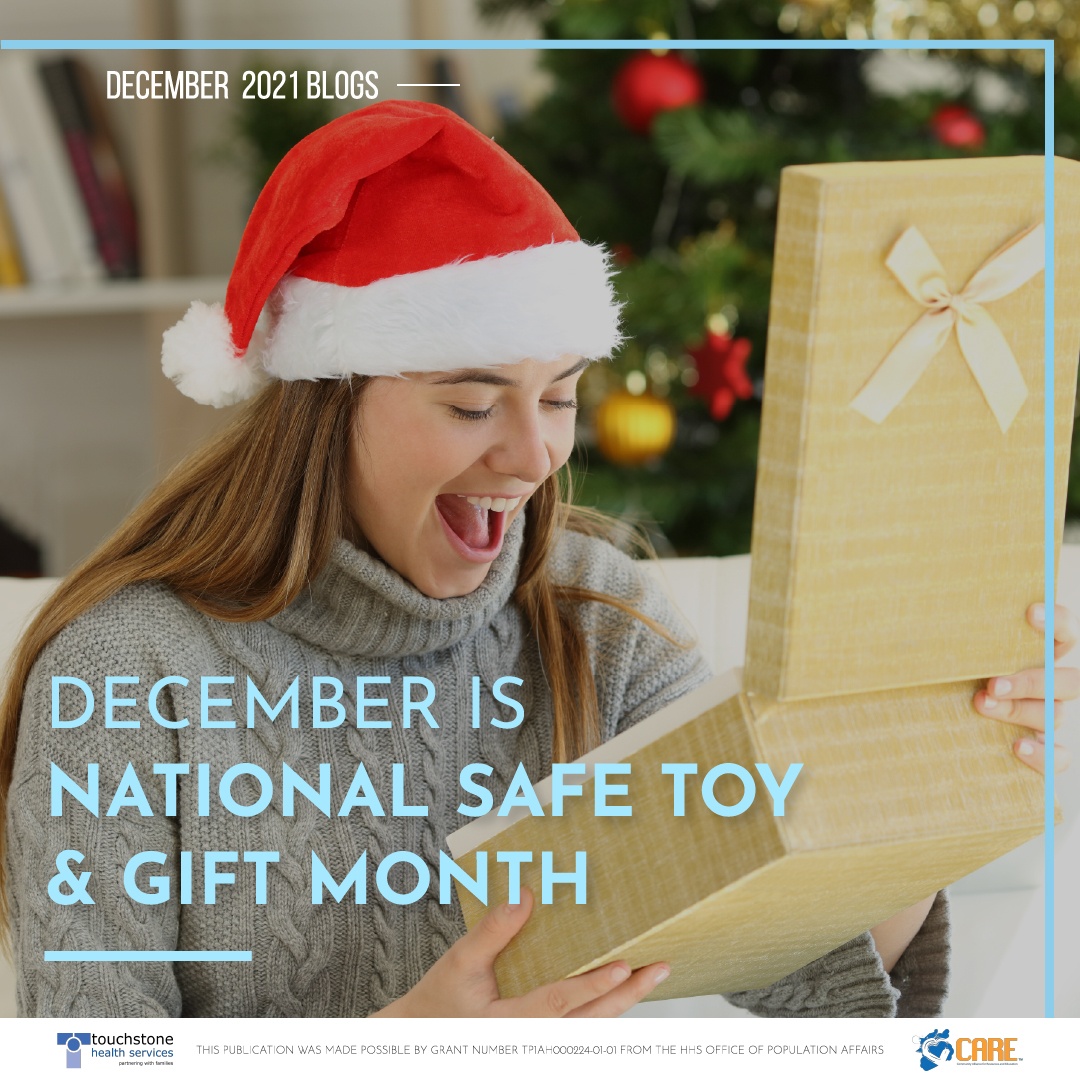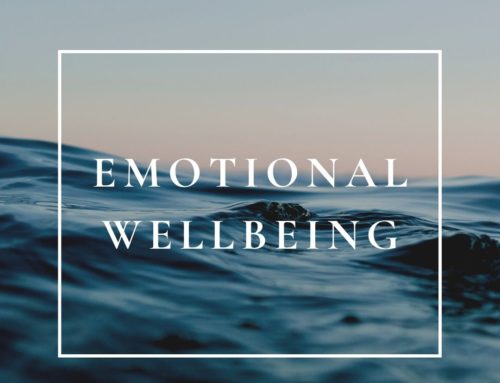December is National Safe Toy and Gift Month – Age-Appropriate Gift Ideas
Greeting’s Readers!
It’s that time of year again… the Holiday season! Colder weather, holiday songs in every store, the twinkling of festive lights… and GIFTS! Giving and getting gifts can be an exciting time! However, it could also be a stressful time. Are you someone who finds yourself saying “I have no idea what to get them!”? It’s a common worry, but we’re here to help! December is National Safe Toy and Gift Month so we will be discussing age-appropriate gifts for different age groups; gifts that promote overall health, safety, and fun all in one beautifully wrapped present (or gift bag)! Before we jump into gift ideas, take a moment to reflect on a few self-affirmations:
Now, let’s unwrap the mystery of gift-giving one age group at a time!
Newborns & New parents/caregivers: For newborns and their caregivers, it may be best practice to ask the caregiver directly what they need. They may already have an abundance of certain items (clothes or stuffed animals, etc.) so these types of gifts may go unused. Don’t forget the caregivers when considering gifts; consider if there is any help you can offer such as cooking a meal for them or offering to babysit or pick up their groceries for them.
Children 1 & 2 years old: During these years, the neural pathways in the brain are continually making connections by repeating and practicing activities. Look for gifts that support activities such as grasping, pinching, pushing, and pulling. Consider these gift ideas:
Children 3 & 4 years old: This is typically the age where children begin running, jumping, and entering the imagination stage through dress-up and role-play. Coordination is also developing as children begin drawing shapes, holding crayons, and practicing hand-eye coordination. Consider these gift ideas:
Children 5 & 6 years old: This stage brings about the development of large muscles and more complex physical abilities. 5 and 6 year old’s are working to strengthen fine motor skills (using the small muscles in the hands and wrists) while developing large muscles through running, Children are beginning to focus on language, word recognition, and reading. Consider these gift ideas:
Children 7 & 8 years old: During this age, the frontal and temporal lobes, cognitive function, and emotional control are developing. Gifts should encourage actions such as memorization, skill-building, understanding cause-and-effect, or real-world thinking (shifting from an imaginative or make-believe lens).
Children 9 – 11 years old: Children of this age are continuing to develop the use of their fine motor skills and the development of large muscles. At the age of 9- 11, children are developing their language skills through more complex stories, and often enjoy spending more time with friends. Items that promote physical activity in small groups, and items that help develop complex thinking are wonderful gift ideas. Some ideas include:
Young teens (12 – 14 years old): In the younger teen years, social interactions and emotional changes may be the main challenge. At this age, peer pressure and the need to be liked by peers may influence what a child is interested in. Children at this age may be expressing their desires to become more independent. Gifts that promote learning in a healthy stress-free way, and promote managing emotions might be a good “go-to”. Some examples include:
Other teens and young adults: As children become older, they continue developing their skills in all areas; social, emotional, intellectual, and physical. When choosing gifts, consider any big milestones they may be coming up to or already going through. Are they showing strong interest in a specific subject? Do they have specific hobbies? Are they about to become a newly licensed driver or graduate high school? Age-appropriate gifts should foster their interests and hobbies, and help prepare them for their futures. Ideas include:
Other tips that may be helpful:
Here’s how YOU can be a Prevention Partner:






